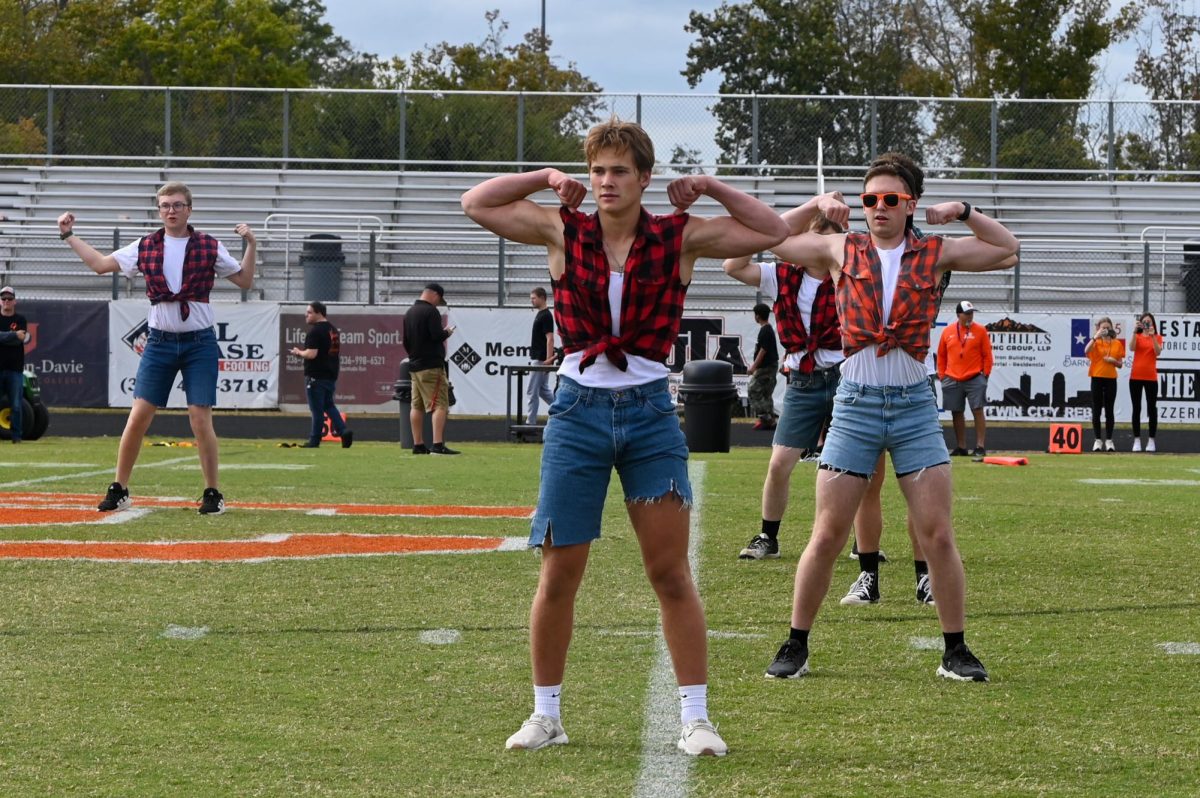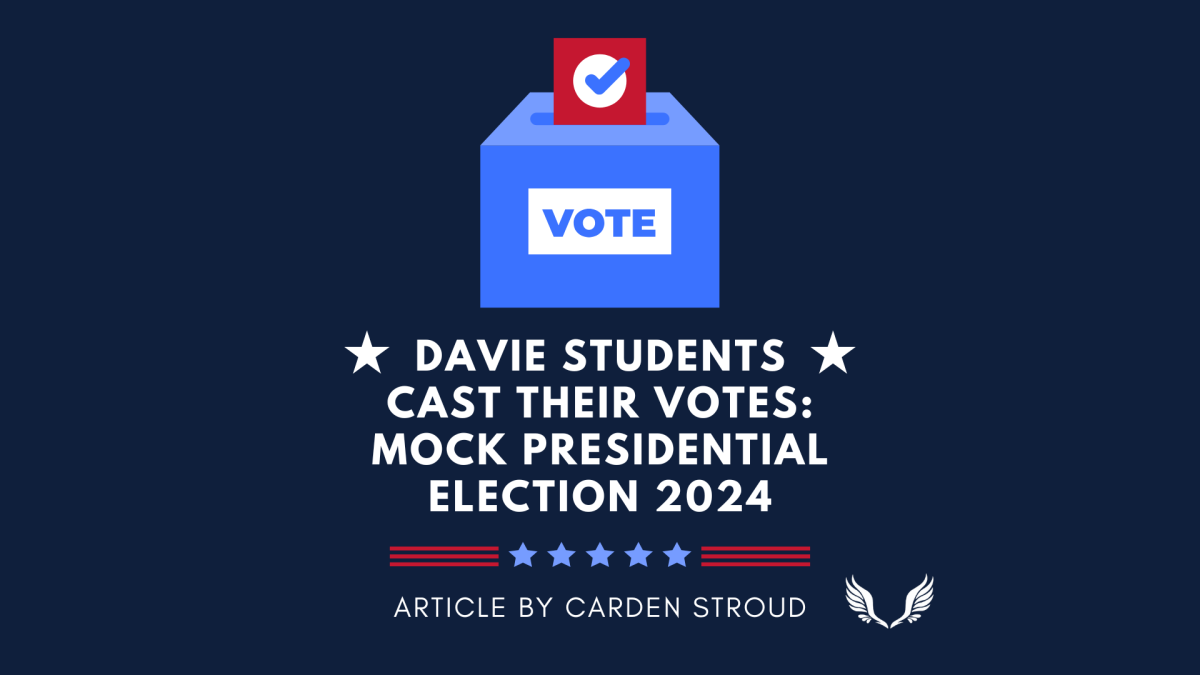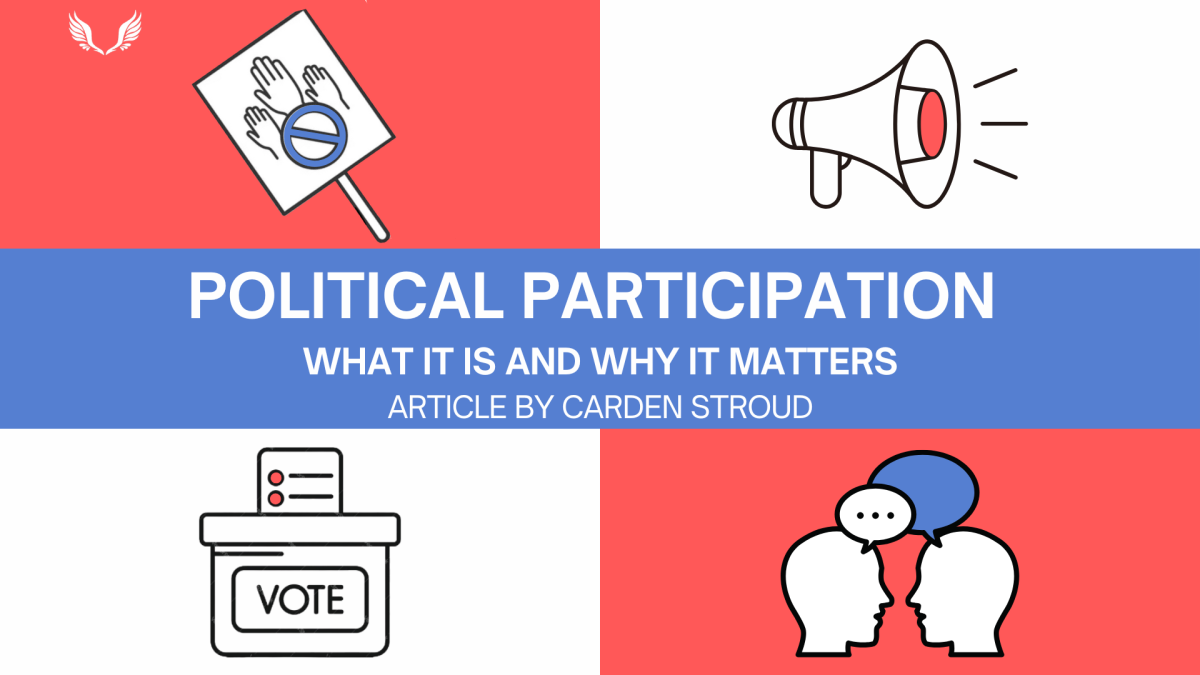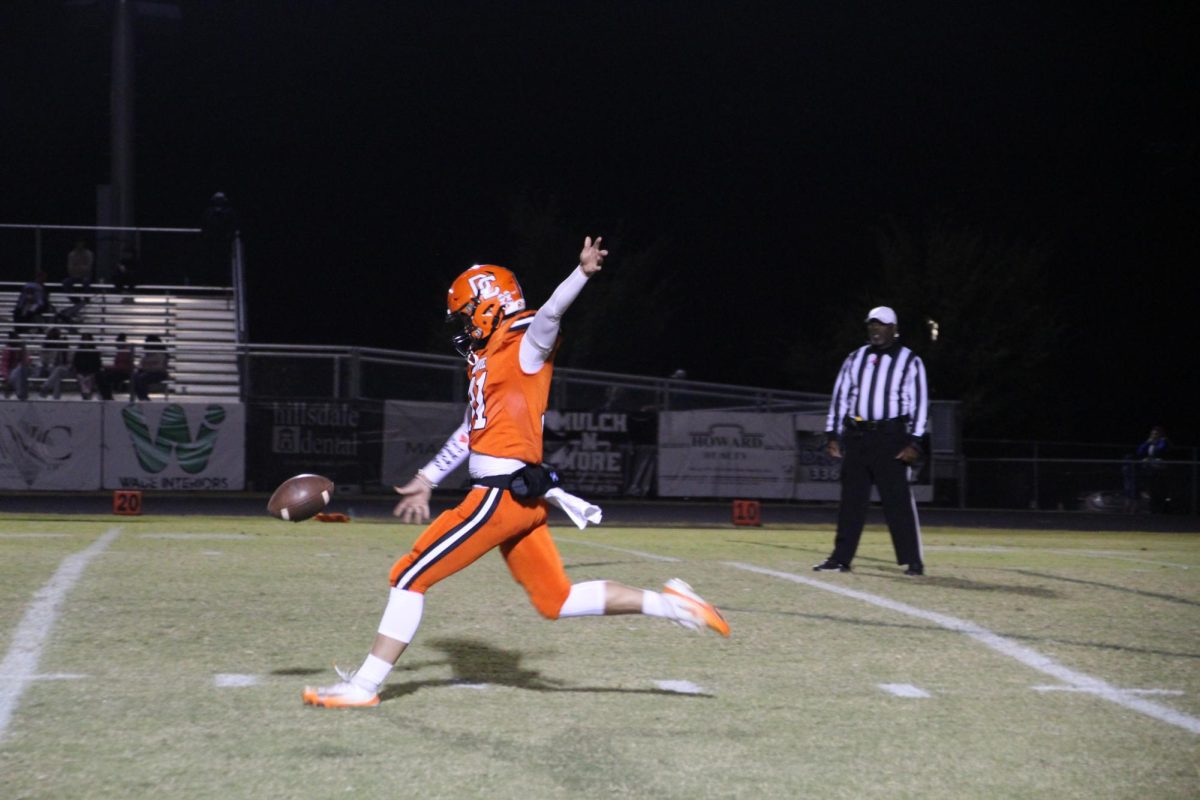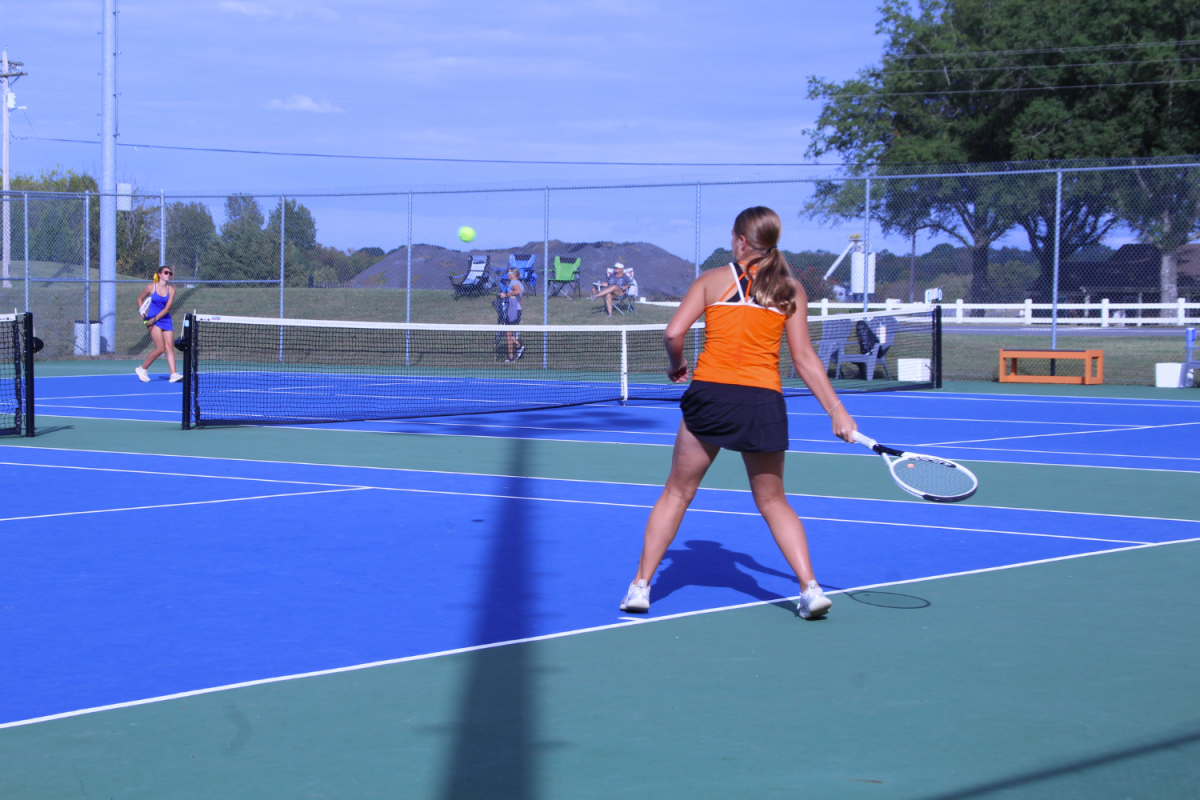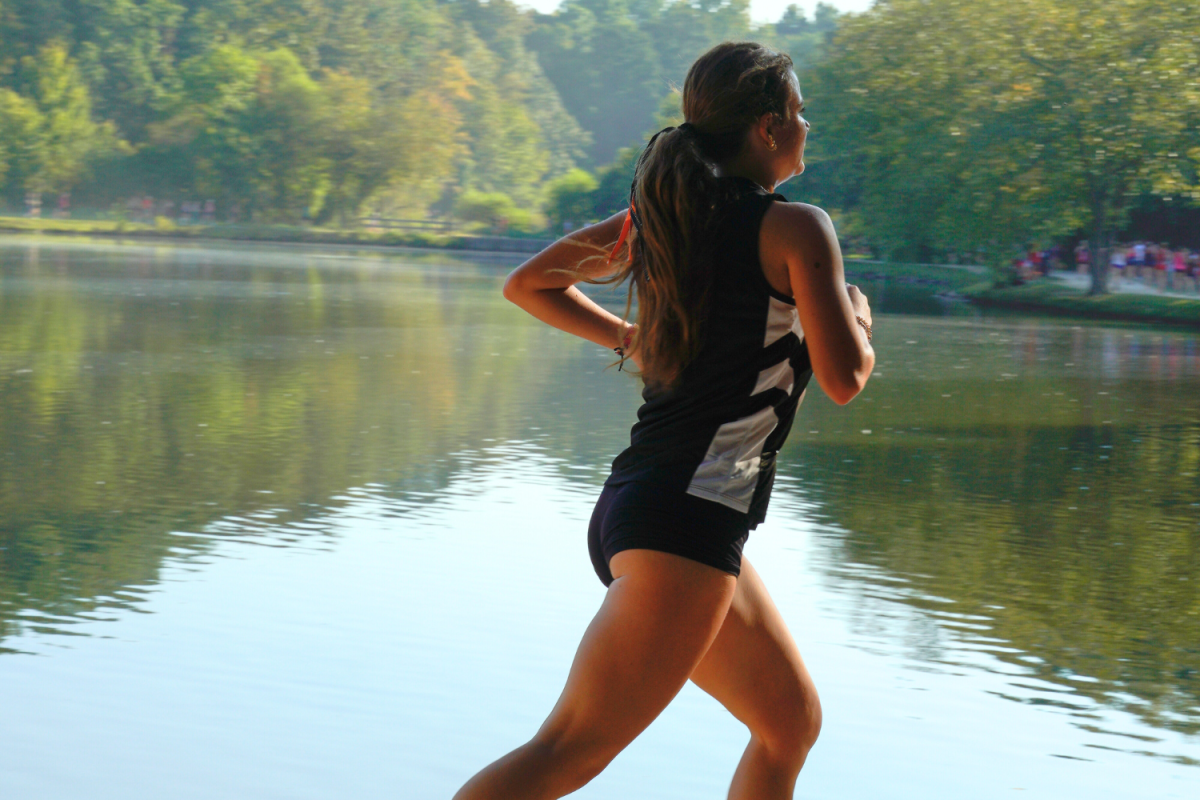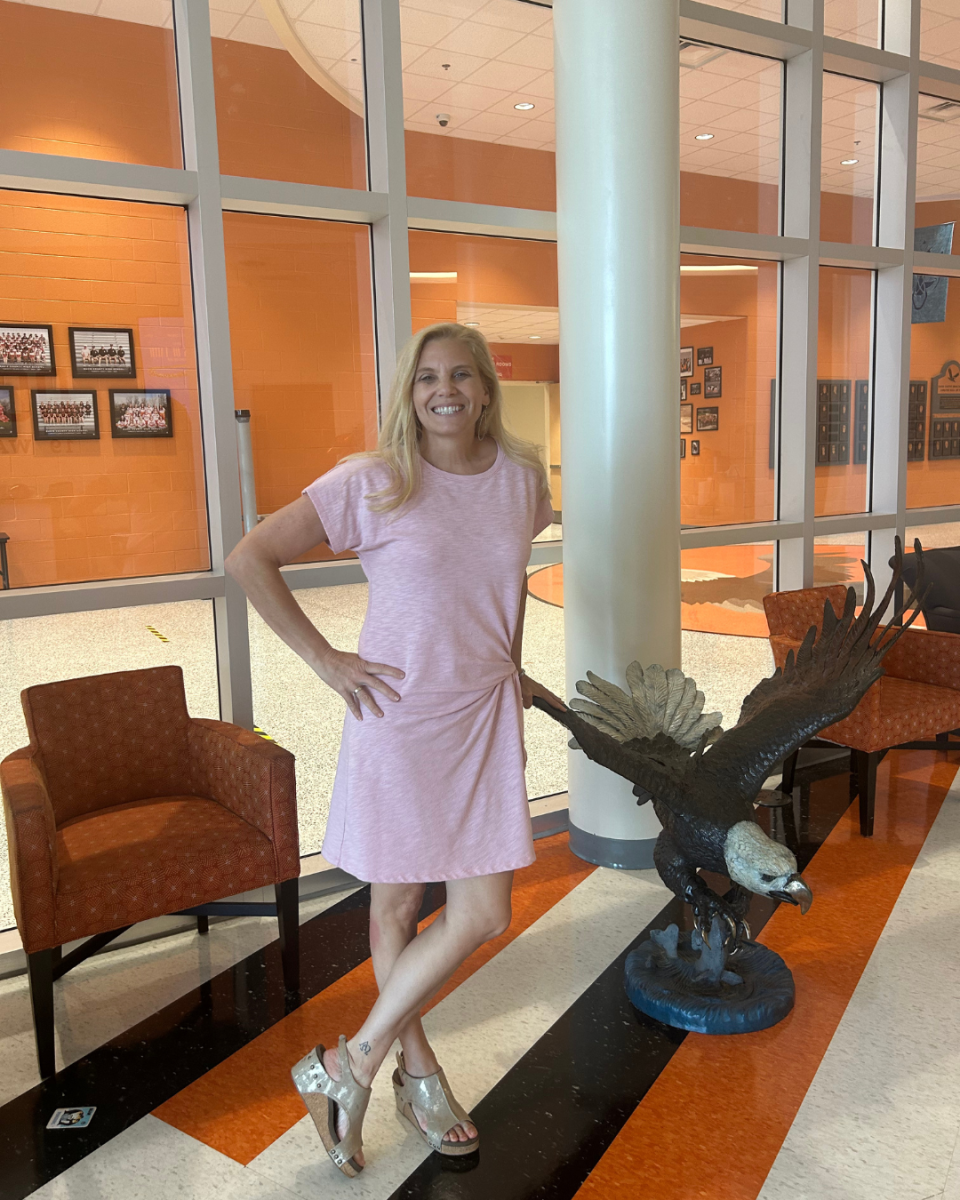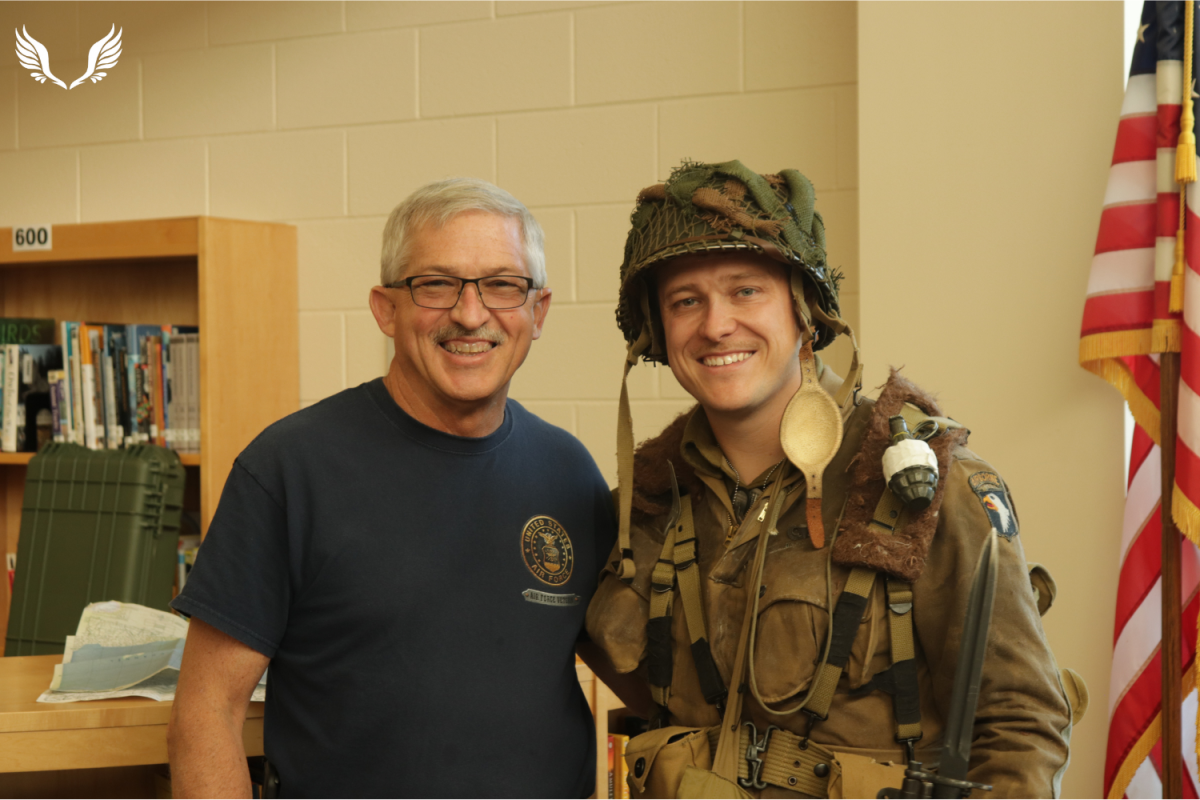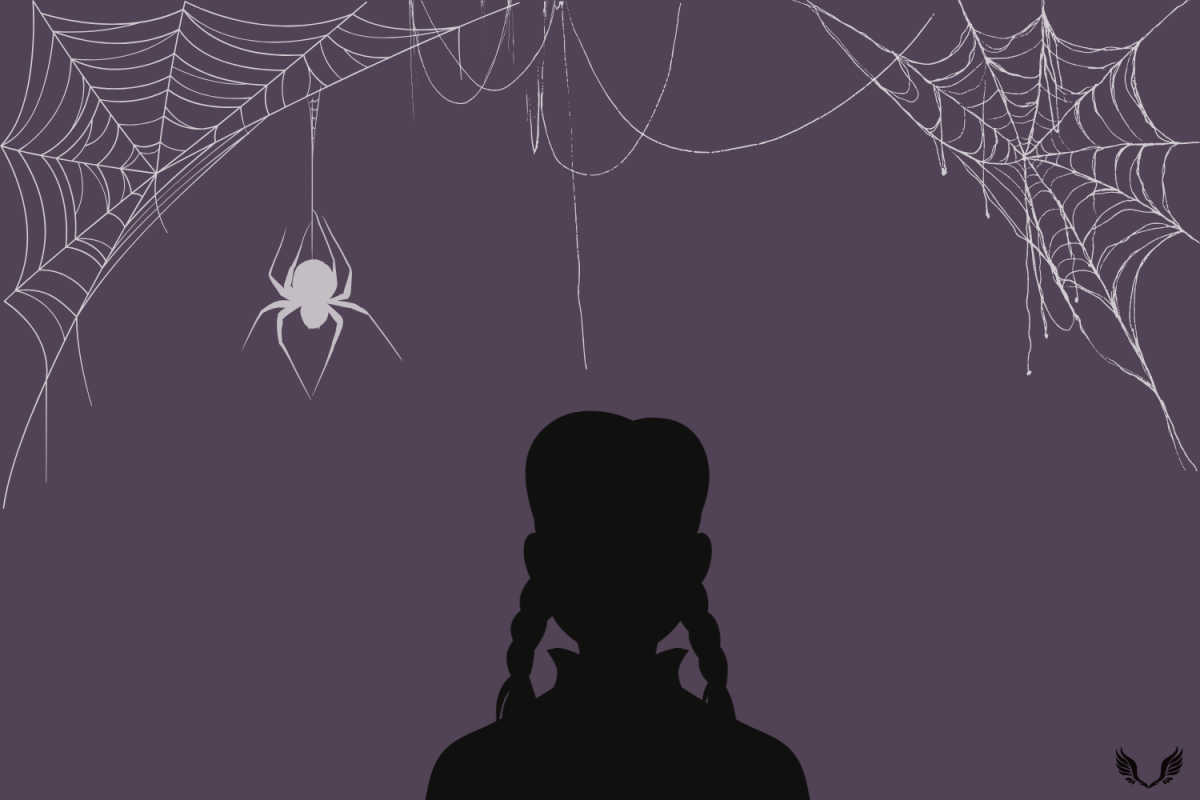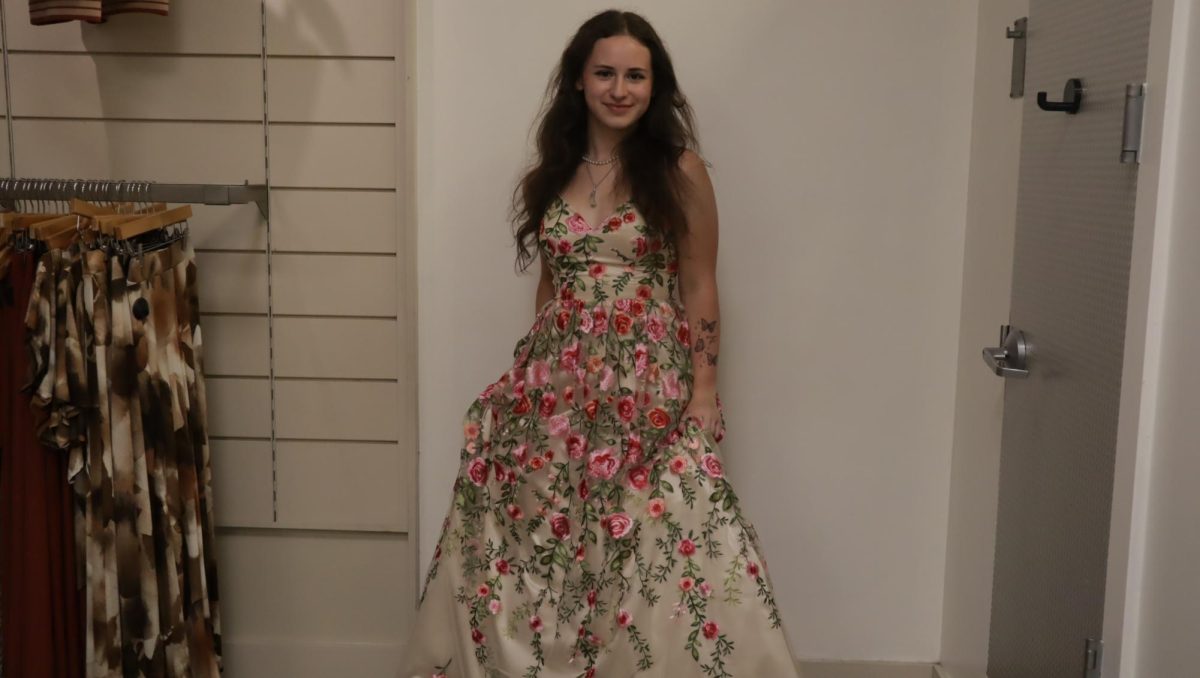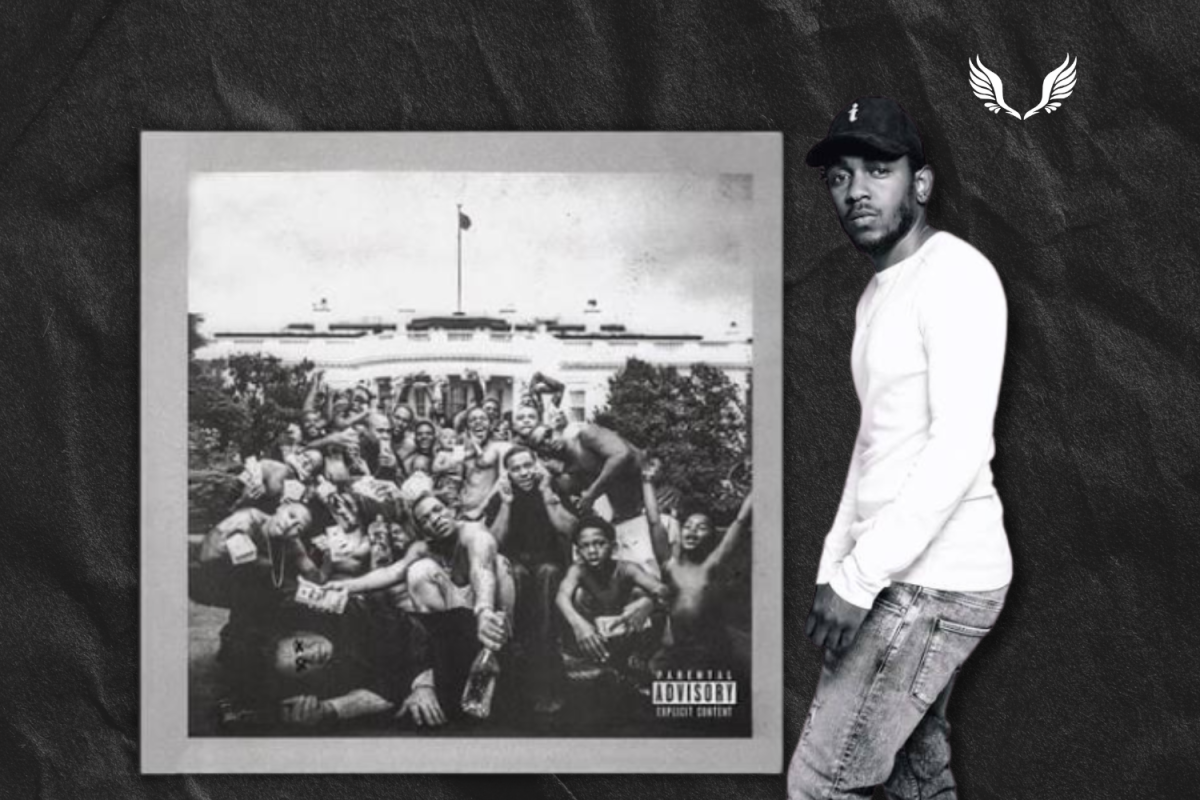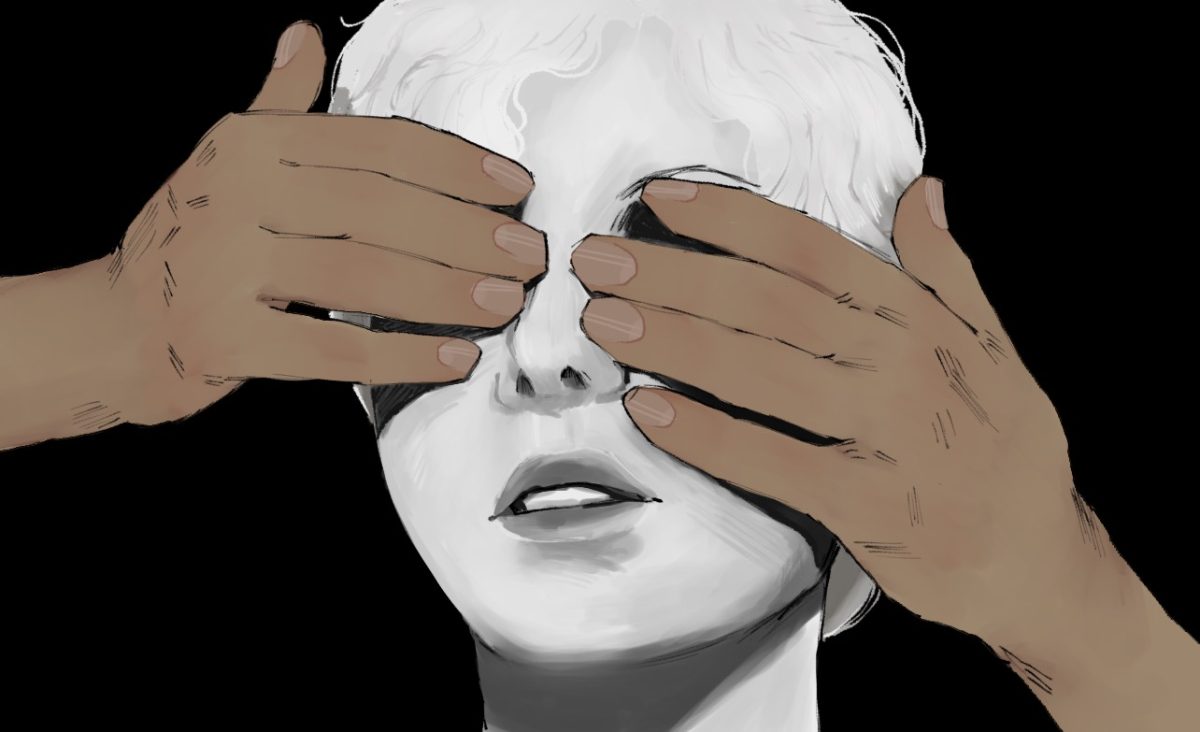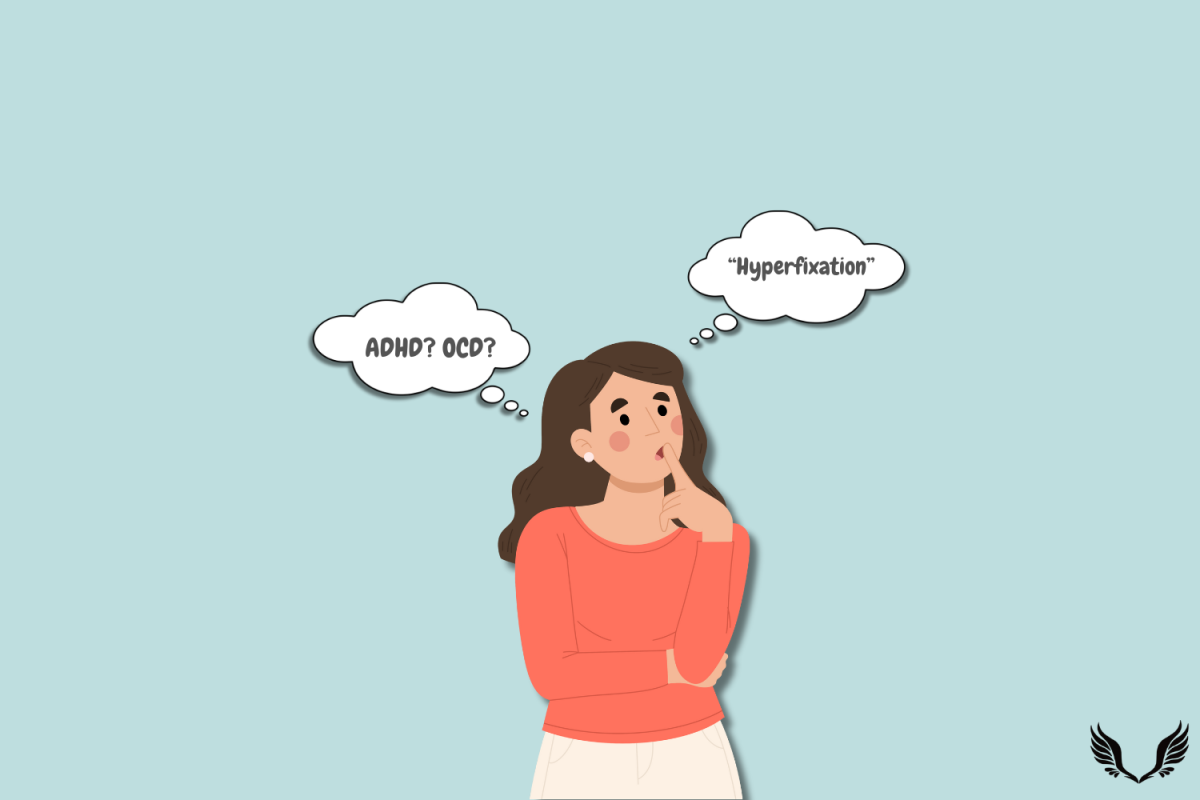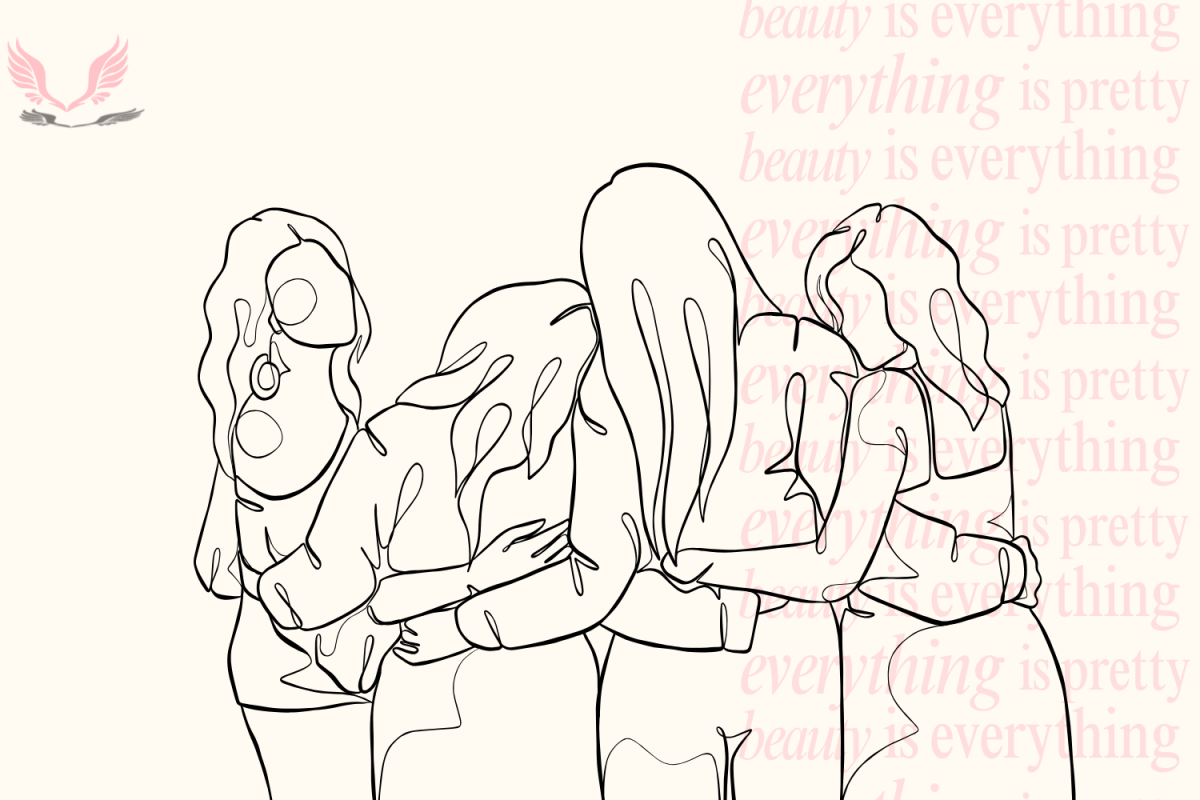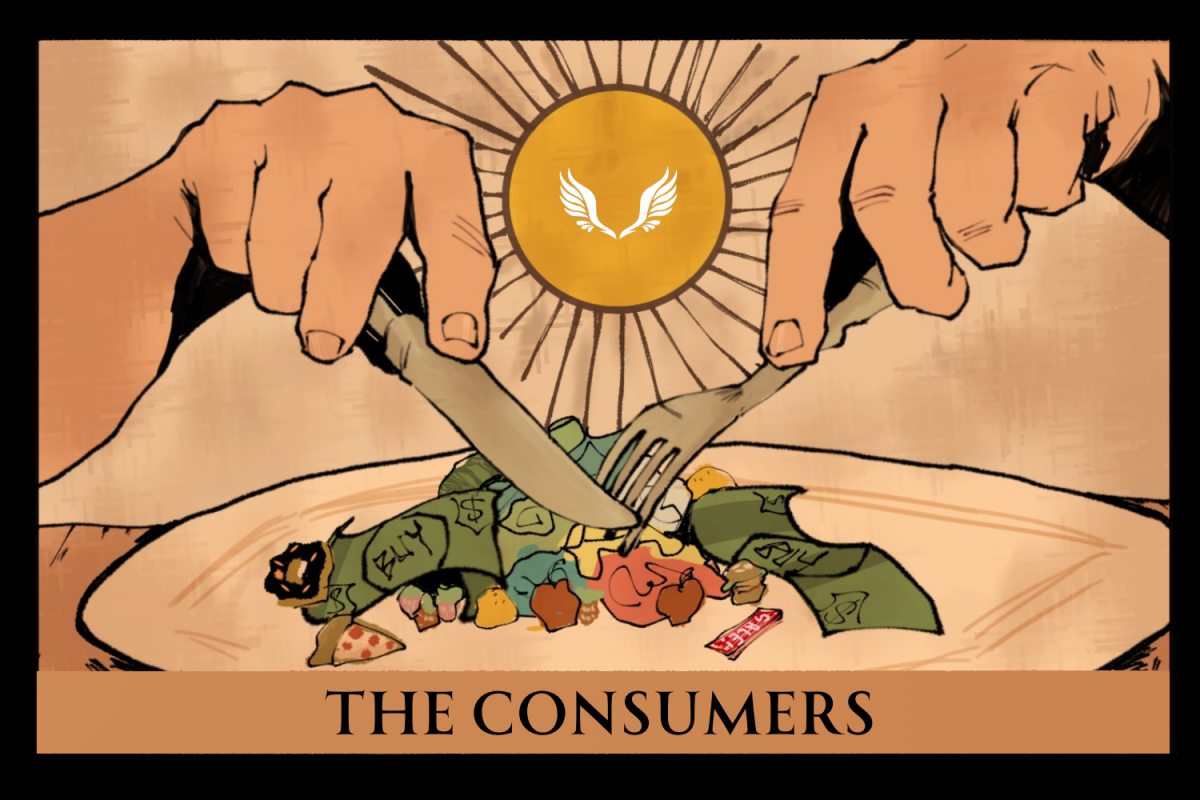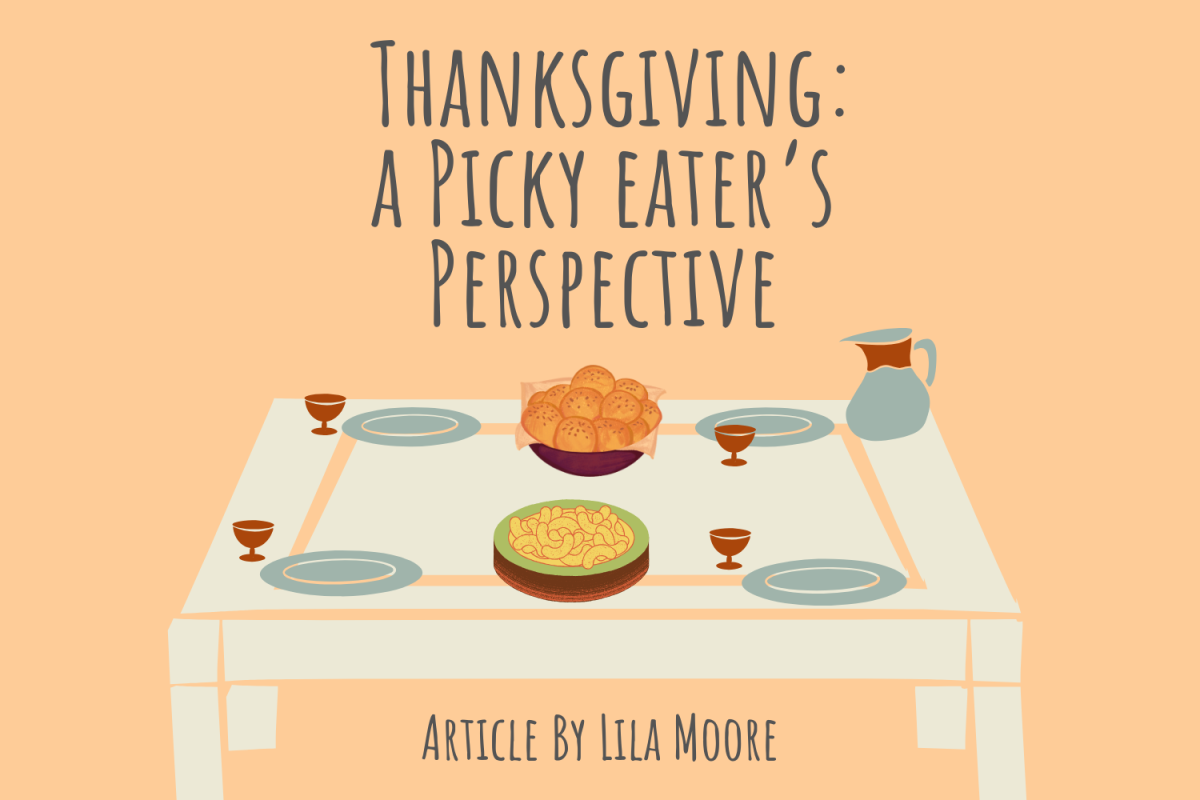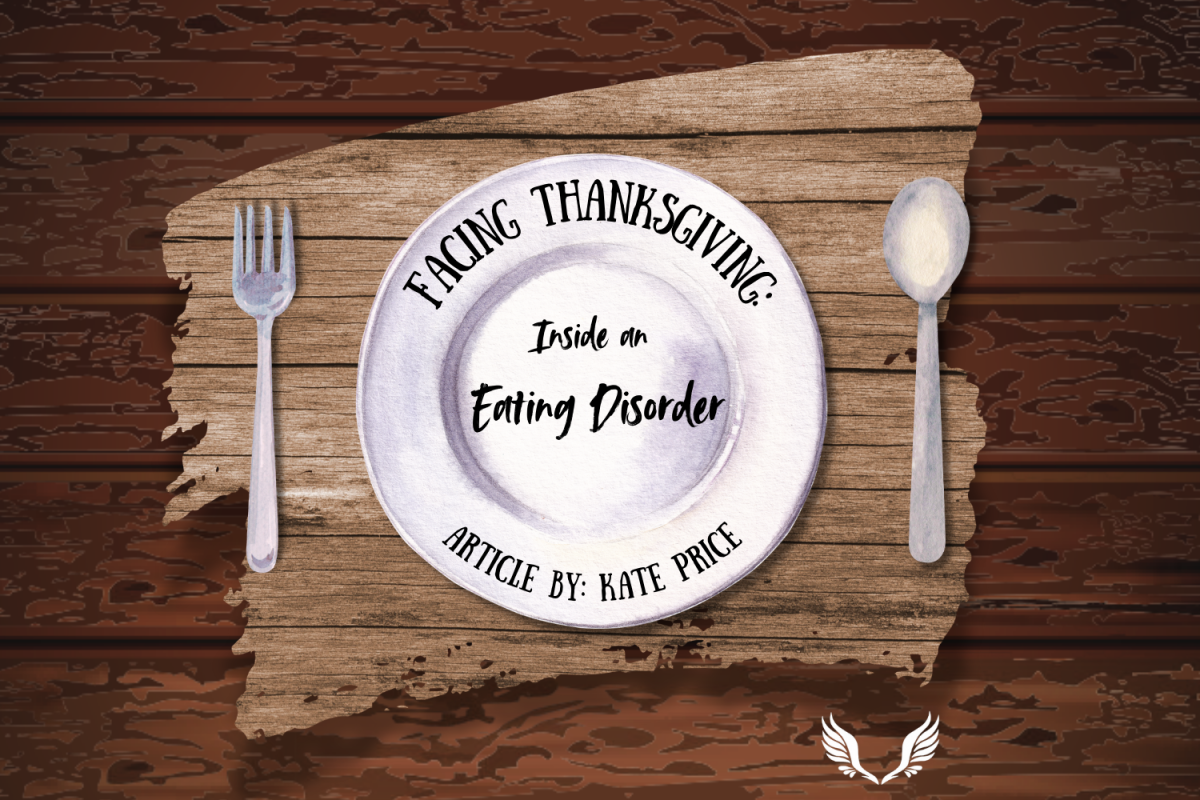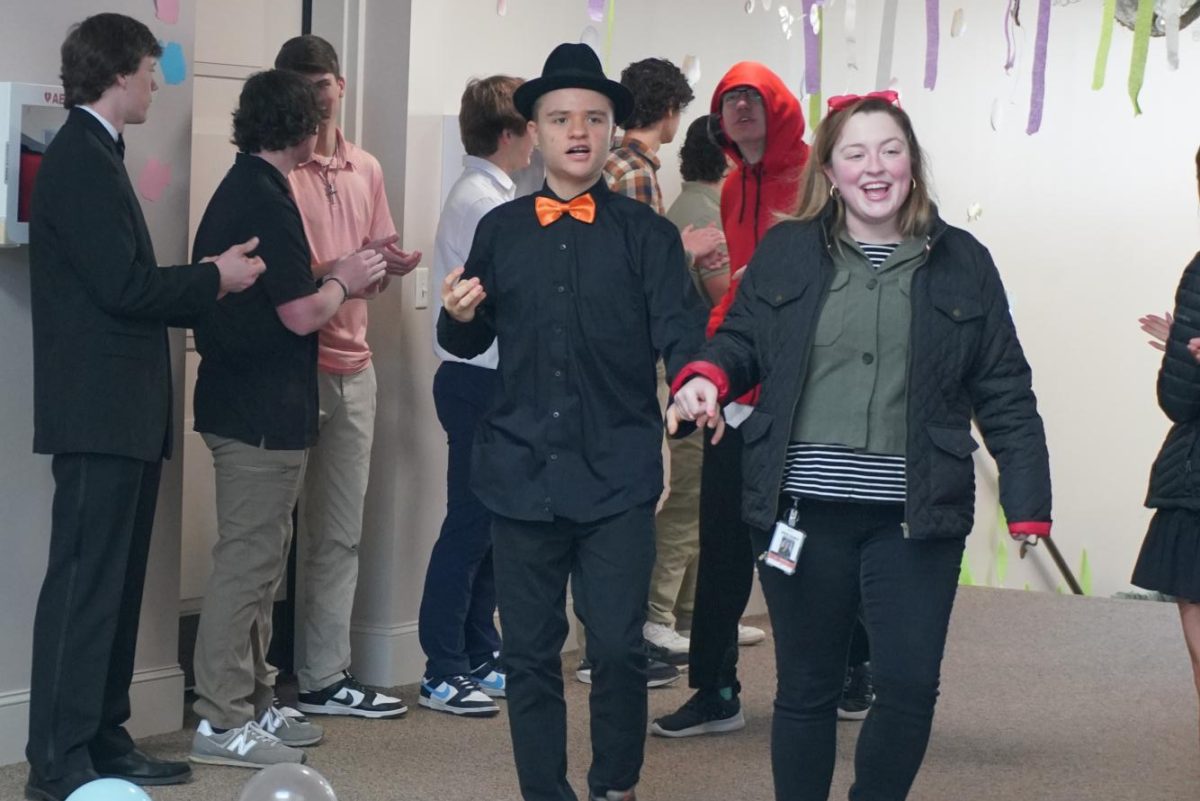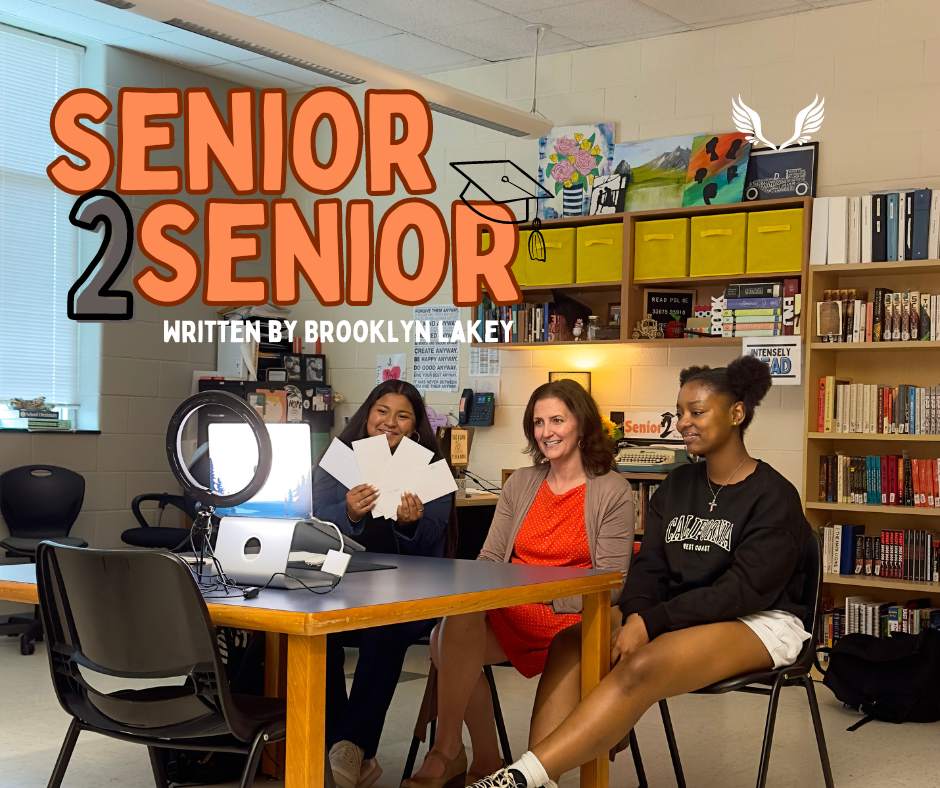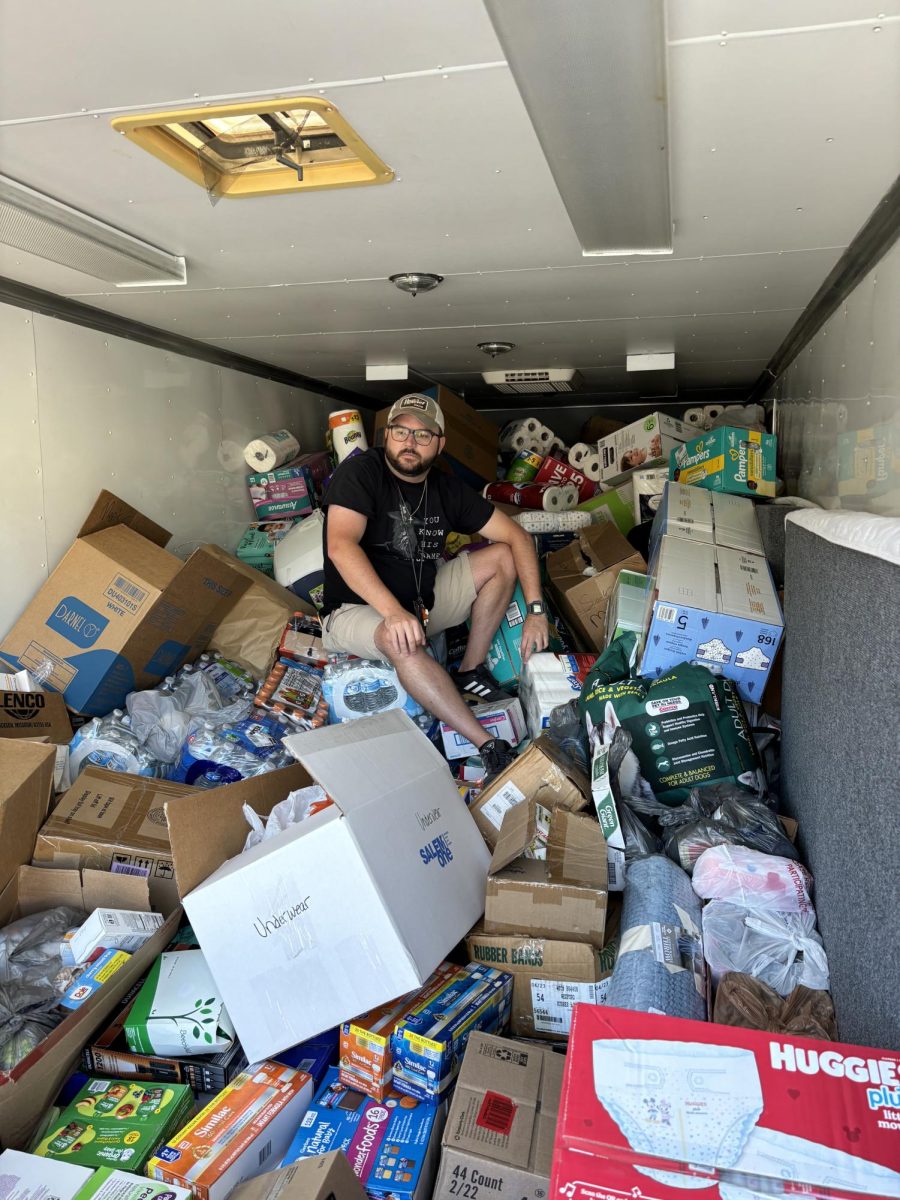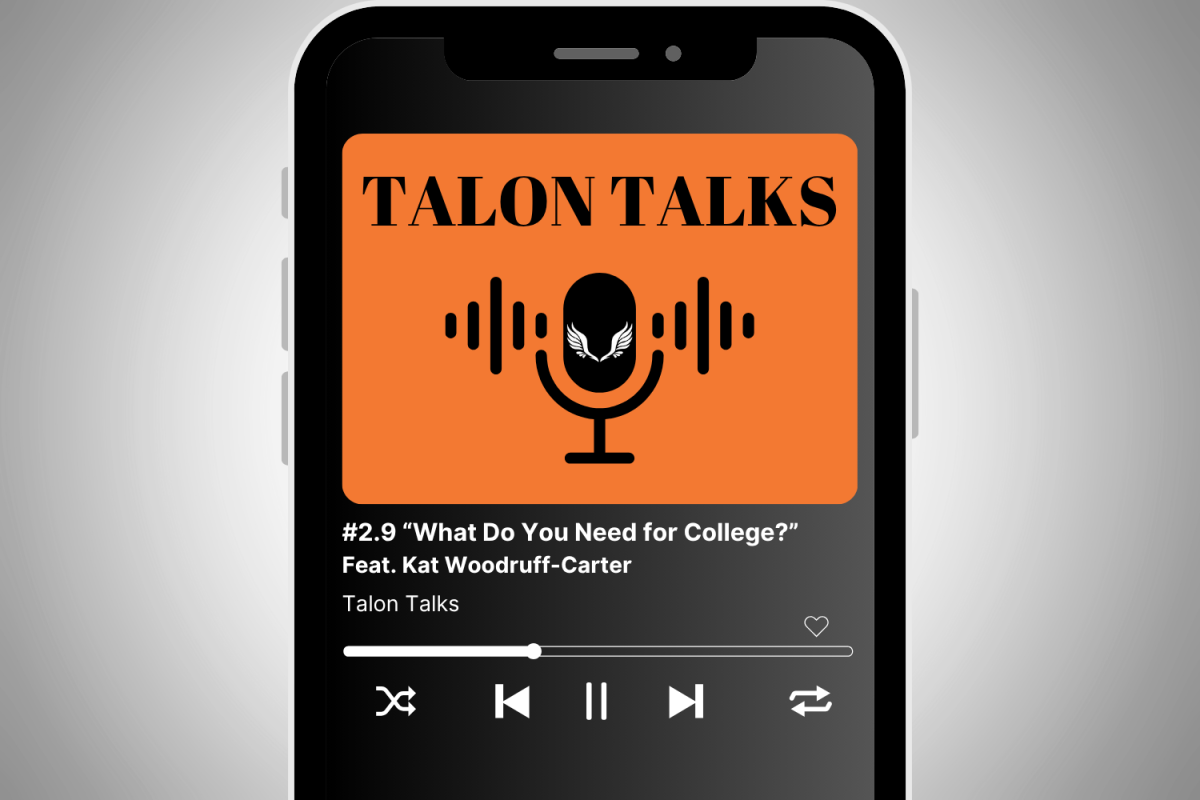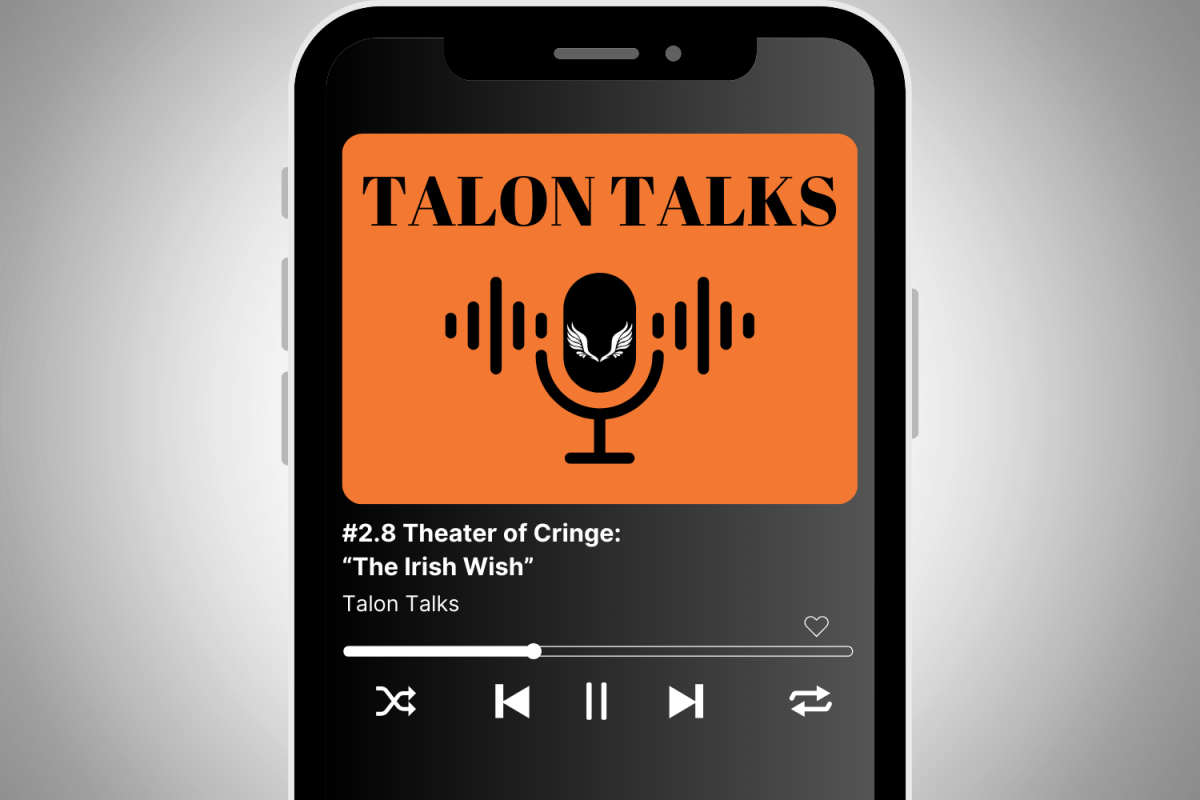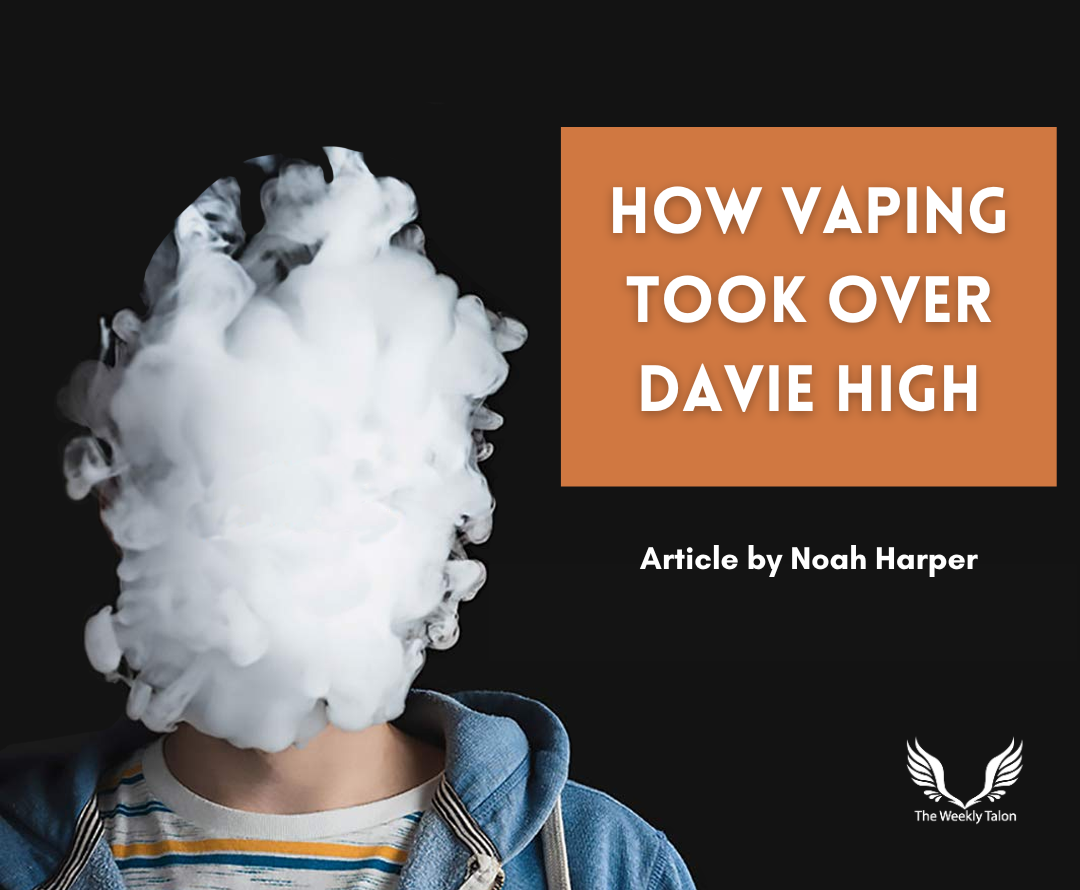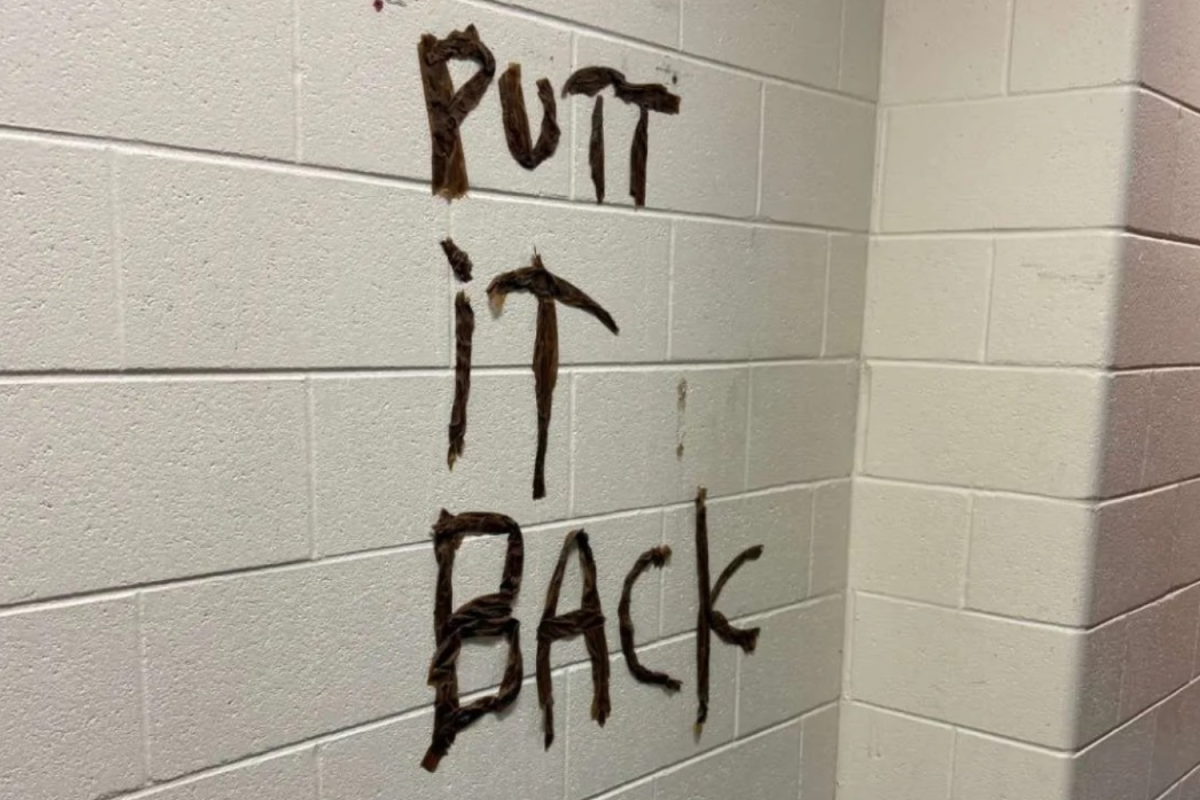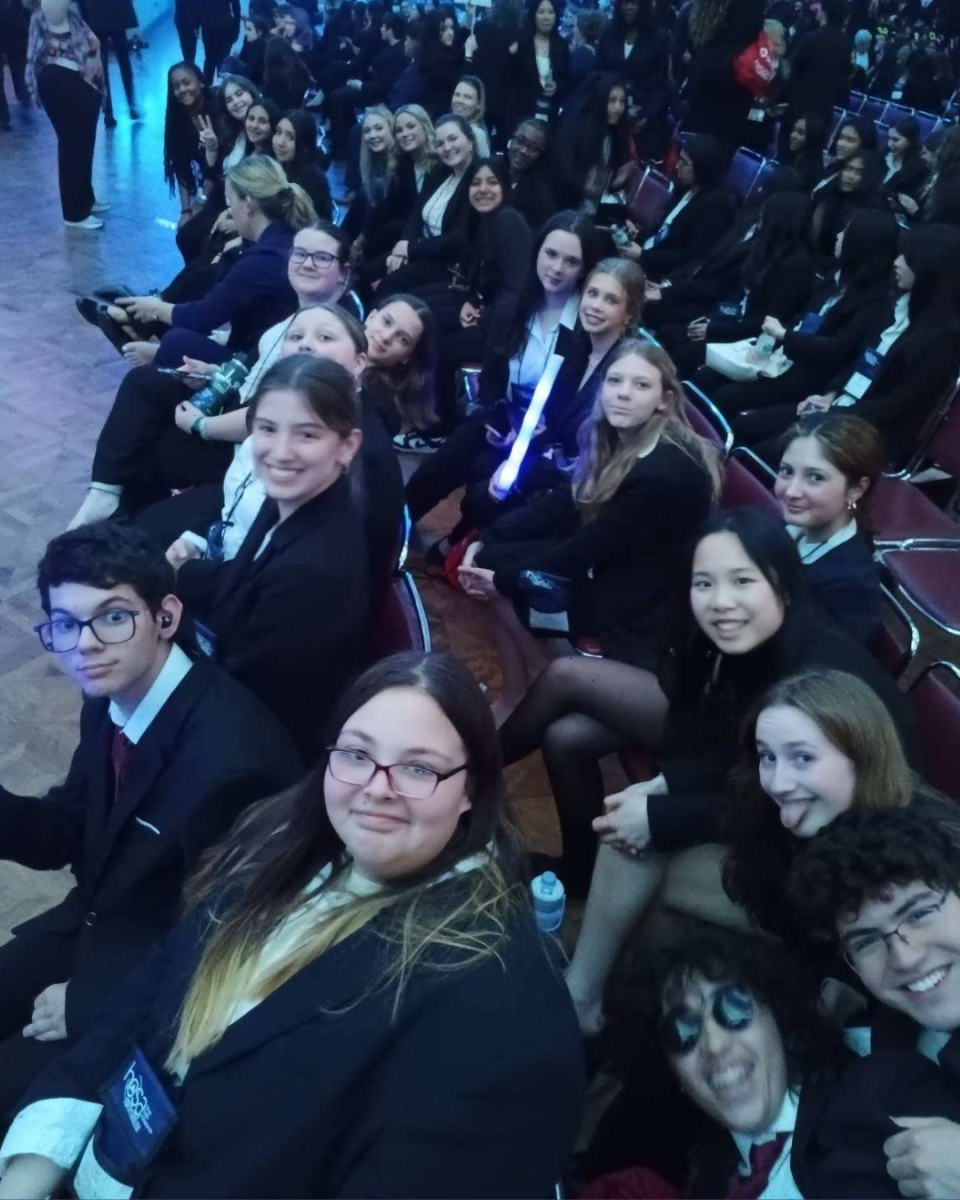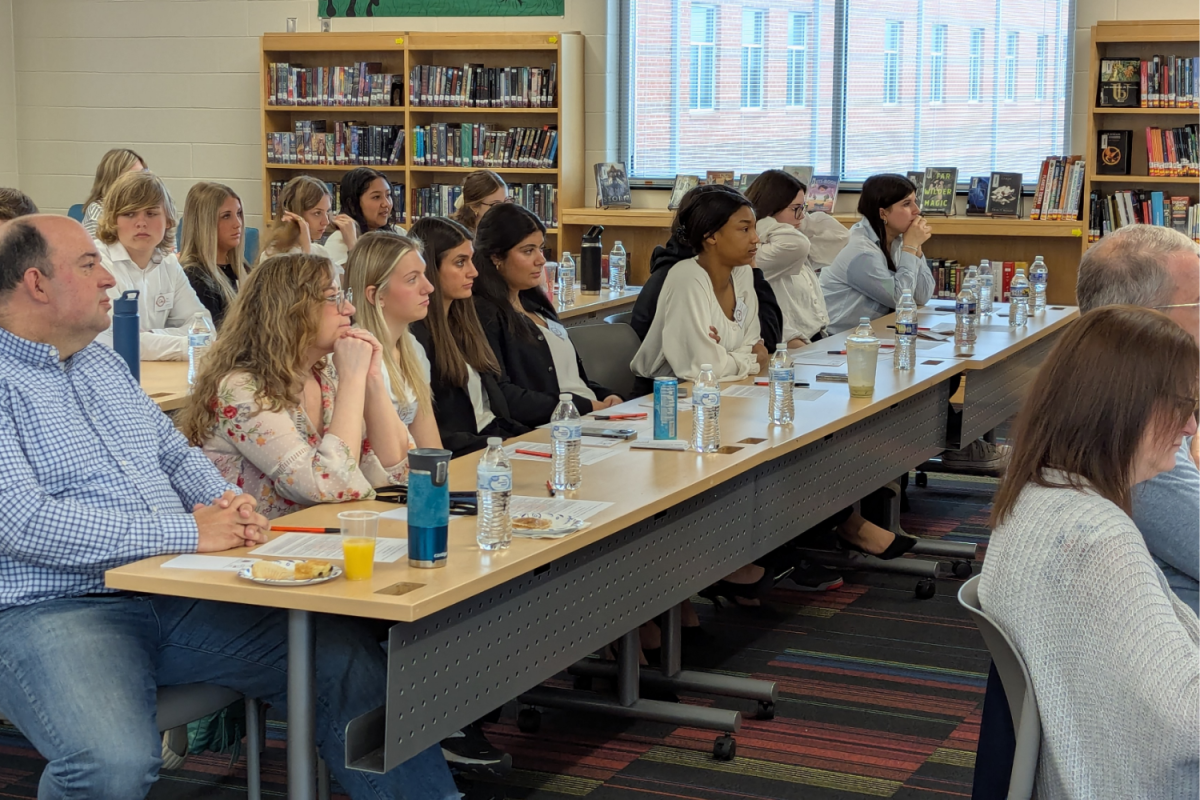There is a smell that defines Davie County High School, an often inescapable odor that hangs in the air long after its source has been extinguished. A smell that all Davie students are acquainted with. This is, of course, the strong, fruit-scented smell emanating from an e-cigarette secreted away into a bathroom stall that infiltrates the noses of all unsuspecting patrons of the various restrooms on campus.
Suffice it to say, vaping is all over the place at Davie County High.
It is difficult to pinpoint exactly when vaping entered the school, but it most likely started five to seven years ago, although it was after COVID-19 and virtual learning that it became a large problem.
“We keep blaming COVID for a lot of things, but the fact of the matter is, we had a little bit of a vaping problem before COVID. It’s much larger after COVID,” says Michael Pruitt, principal of Davie County High School.
But how did these kids even get introduced to it? It is difficult to pinpoint one single source, though English teacher Tani Caudle has her theories on the subject.
“Access to it from peers or at home made it something easily accessible for some, and then others saw other people with it. I think it is kind of a true example of peer pressure.”
In other words, vaping became something everybody did, so the pressure to fall in line with everybody else became a prominent contributor. For one freshman student (who wished to remain anonymous), Caudle’s theory proved all too accurate.
“It was more of a thought process I went through,” she said. Pressure from her peers led her to vape. “Maybe I should do it,” she thought. “Maybe it’ll help me.”
She admits that vaping was a bad decision. “I regret doing that. I got addicted,” she said. However, her opinions on vaping change from time to time. “I like the way I am, so why should I change the way I am?” And vaping has come with its consequences. “You’re inhaling toxic chemicals,” she said. “I can’t breathe properly.” Vaping has also affected her mental health. leading to her experiencing both withdrawals and mood swings.
Because of the risks that come with being caught, vape users have to find new ways to vape in secret. “Eighth grade, you would never catch me,” she said. “I’d always have something on me. Whether it be marijuana or nicotine, I’d always have a vape in my sleeve.” But even the sneakiest vapers can get caught. “I did technically get caught with one vape, but it was because some girl had took it out of my bag, and it actually wasn’t even mine. It was my friend’s, and I was holding it for her.”
Many of the kids who vape have specific places they go to not get caught. “Of course, the [most common] place is the bathroom,” sophomore Cameron Gordon says. “That’s where everybody goes.”
How have students and staff responded to the situation?
Student responses to vaping have varied. “There’s about a half and half,” the freshman said. “There are some students that they’re okay,” she said. “They understand. They’re cool with it, and there has been some students that just absolutely will hate you for doing what you do.” Some students even go further, according to her. “They’ll call you out for it, snitch on you, or try to get you in trouble.”
“I kinda lose respect for [them],” sophomore Cameron Gordon says. “I don’t care what happens to them, to be honest.” However, he’s not unsympathetic to their addiction. “I hate it for [them], and I wish they wouldn’t do it”.
Schools are on high alert for vaping. “We’ve been asked to just try to keep our eyes open. We’ve been asked to patrol the bathrooms,” says Edwards about the teachers’ response. Davie High has even started restricting the amount of time students may be out of class. “Limiting the amount of time that students are out of class can kind of limit the amount of time they have access to doing that,” says Caudle. “I think the school is doing what they can do. They are putting precautions in place.”
Gordon, however, is not satisfied with the school’s response. “I don’t think they’ve actually acted on it enough,” he says. “They need to have more people walking around.”
For the teachers, though, increased enforcement is not as simple as increasing walk-throughs.
“It’s not always in your face,” Edwards says. “People are really good at hiding it these days.”
Caudle emphasized that education is the best solution. “I think parents need to be educated on it. I think students need to be educated on it, to have a recognition of what it really is and what it’s really doing, but that’s hard to do without it being hokey.”
The freshman student believes schools underestimate the students vaping. “I don’t think they think we fully think about things. We’re mature enough to know right from wrong. If we do it, we do it.”
Many of those interviewed had advice for future students who might want to pick up a vape, most emphasizing the health risks.
“In one moment, you can convince yourself of things being okay, but eventually things catch up with you,” said Caudle. “We’re only just beginning to see some of the problems it’s causing a whole generation of people.”
“Just don’t get into it,” said Pruitt. “Ultimately, it’s an expensive habit. It’s an unhealthy habit.”
“Don’t feel pressured to do it because you see your friends do it,” the freshman said. “I did it because I was going through a hard time in my life, and I thought it would help me get out of it. It didn’t really help me at all. I think it’d be better for me to quit.”

